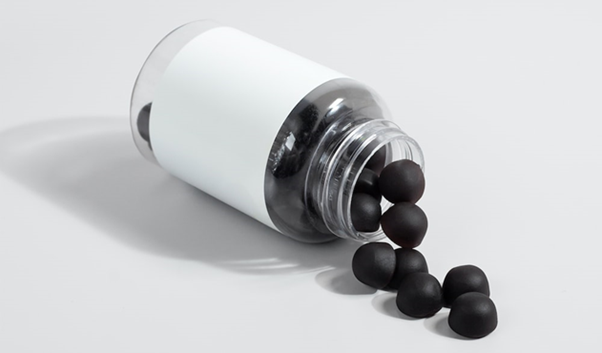Can probiotics cause diarrhea?
Probiotics are beneficial to our overall health, but like any supplement or medication, they can have potential side effects. One of the most common side effects of taking probiotics is diarrhea. In this article, we'll explore whether probiotics can cause diarrhea and explain what you can do to prevent this.
The Link Between Probiotics and Diarrhea
Probiotics can cause diarrhea, although it's not a common side effect. In most cases, the diarrhea is temporary, and it goes away as your body adjusts to the probiotics. The diarrhea caused by probiotics is usually mild and goes away within two to three days of stopping them.
The reason behind the occurrence of diarrhea is that the probiotics might be introducing new bacteria into your gut, leading to changes and making your digestion a bit upset. It is similar to a familiar situation when you go abroad and consume food that can cause you diarrhea because the new food is not something your digestive system is accustomed to digesting.
Prevention and Treatment of Probiotic-Induced Diarrhea

If you're taking probiotics and experiencing diarrhea, there are a few steps you can take to alleviate this issue:
- Reduce or Stop Probiotic Consumption: Reducing or stopping probiotic consumption may be the best course of action. You can also try to reduce your dosage and gradually increase it to give your system time to adjust.
- Choose Specific Probiotic Strains: Certain probiotic strains are less likely to cause diarrhea than others, like the Lactobacillus and Bifidobacterium strains. Choose these strains when looking for probiotic supplements.
- Consult with a Healthcare Professional: If your diarrhea continues despite reducing your probiotic intake or stopping it altogether, you should contact your healthcare professional. They can determine whether you have another underlying condition that may be causing the diarrhea.
In conclusion, probiotics can cause diarrhea, but it's not a common occurrence, and it's typically temporary. The best way to prevent it is to choose specific probiotic strains, start with low dosages, and gradually increase it. If your diarrhea persists or gets worse, you should consult with your healthcare professional to determine the root cause and receive appropriate treatment. Make sure to do your research and purchase high-quality probiotics from reputable sources. This is the brand we recommend Vita Miracle, which contains 30 billion CFU'S and 18 Strains of Probiotic.
Frequently Asked Questions
Q. What are the side effects of taking probiotics?
ANS. Probiotics are generally considered safe, but some individuals may experience side effects such as gas, bloating, and mild stomach discomfort. These symptoms usually subside after a few days as the body adjusts to the new bacteria. In rare cases, individuals with weakened immune systems or severe illnesses may face more serious complications.
Q. Why do I poop more after taking probiotics?
ANS. Probiotics increase the frequency of bowel movements as they help balance gut bacteria, promoting healthy digestion. They break down food more efficiently, resulting in increased waste elimination. This is a sign that your body is adjusting to the probiotics and cleansing itself of harmful bacteria.
Q. Do probiotics make diarrhea better or worse?
ANS. Probiotics can typically help improve diarrhea by restoring balance to the gut microbiome. They promote the growth of beneficial bacteria, which may alleviate diarrhea caused by infections, antibiotics, or other factors. However, in rare cases, some individuals might experience worsened symptoms.
Q. Can probiotics make IBS worse?
ANS. Probiotics can sometimes make IBS symptoms worse due to the introduction of new bacteria in the gut, causing temporary gas, bloating, or discomfort. However, this is usually short-lived, and finding the right probiotic strain and dosage can significantly improve IBS symptoms in the long run.



